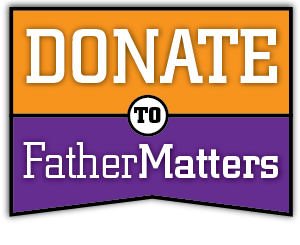Financial Matters – Stuart Burns
As we enter into 2013 many of us have made some sort of “New Years” resolutions – its known that January is the biggest month for new gym memberships as one of the most common resolutions is for people to get their bodies back into shape. Along with our body another common area that people focus on is their finances and getting out of debt. So we are going to review some ways to help gain control of our finances and eliminate debt.
There are a many different articles and advice on getting out of debt but there are some common factors in all of them that you will need to do that can be summed up as:
- Stop spending/gaining more debt
- Live within your means (budget)
- Start paying down existing debts
These 3 factors sound simple enough, but it will take time and work to bring these into control and they are critical to getting out of debt.
“Training camp isn’t fun, but it is necessary” -Walter Payton, Chicago Bears running back & #2 NFL all time rusher
Create a Budget
Let’s look at some good ways to start putting a plan into motion to get out of debt. The first thing you will need to do is to put it all down on paper – create a budget;
- List your income: The total monthly amount is good to start with for the basic overview, but you will want to make sure that if you get paid weekly, bi-weekly, etc that you know how your income synchronizes with due dates.
- List of all your monthly expenses: Be realistic on amounts –but look for opportunity to cut down some expenses. For example, Dave Ramsey recommends over funding groceries because most people under fund groceries.
- Next to your expenses add a letter: Use “N” for a necessity and “W” for wants or non-necessities
After you have the basics down you will want to review and see the total amount of income and total amount of monthly expenses. If the expenses are greater than your income you will need to start looking for ways to cut down your expenditures. Start by looking at some of the expenses that you marked as “Want” verses “Necessity” – a good example is that you have fixed payments for a house or car, but the budget for things like entertainment, magazines, cable tv, going out to eat are things that you can eliminate or reduce. You may also need to increase your income by getting a second job or selling items (things you may not need or could replace in the future).
Debt Reduction
Once you get into a position that your income exceeds your expenses you can get into a position of debt reductions. Some basic tips on debt reductions are:
- Debt Priority: Most advisors will recommend approaching paying down debts by either focusing on the smallest debts first or by focusing on the debt with the highest interest. Personally I would recommend the smallest debt approach because it allows you to see progress and that your plan is working. Then as each smaller debt is eliminated you can allocate the same money you used to pay off the smallest debt by increasing payments to the next debt. Dave Ramsey refers to this as the “debt snowball”.
- Be Realistic: Make sure that you are allocating some funds for the expenses that are unforeseen, but are never the less predictable (if you own a car in Arizona – a battery will go out without fail every few years, tires will need periodic replacing. Some homeowner expenses are like this as well)
- Look for Opportunity: Get aggressive in looking for ways to reduce costs. My wife has become a big coupon person and we have walked into the grocery store and saved up to 70% of the total bill just because she takes the time to look for sales and uses coupons. You can use that savings for paying down your debts more rapidly.
“Debt is normal. Be weird” -Dave Ramsey
This is a very basic look at ways to create a budget and eliminate debt. We will focus on some specific areas like credit cards, mortgages in future articles.
For some great financial tools and resources go to our web site: or contact Stuart Burns at 602-464-1381 or by email.




